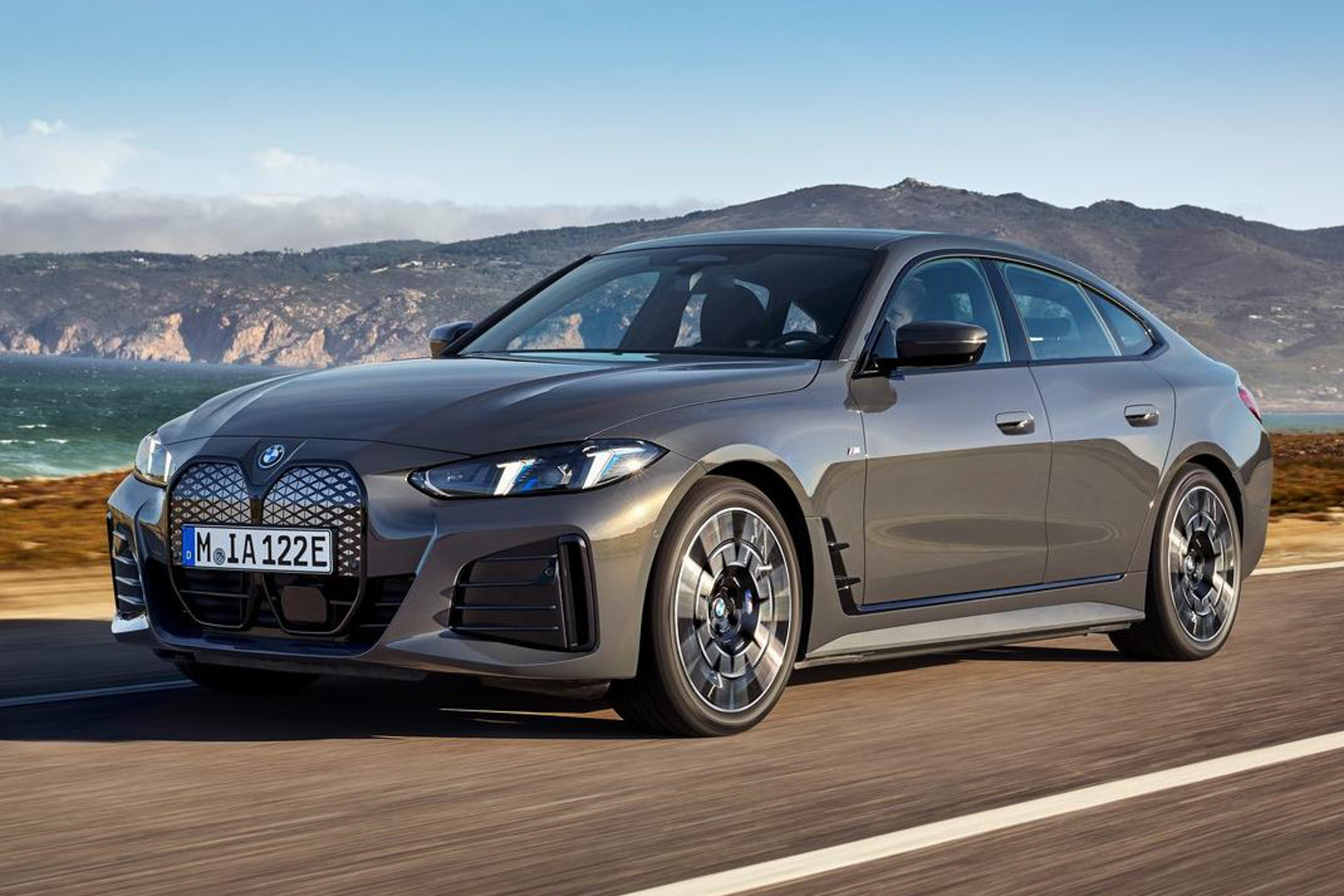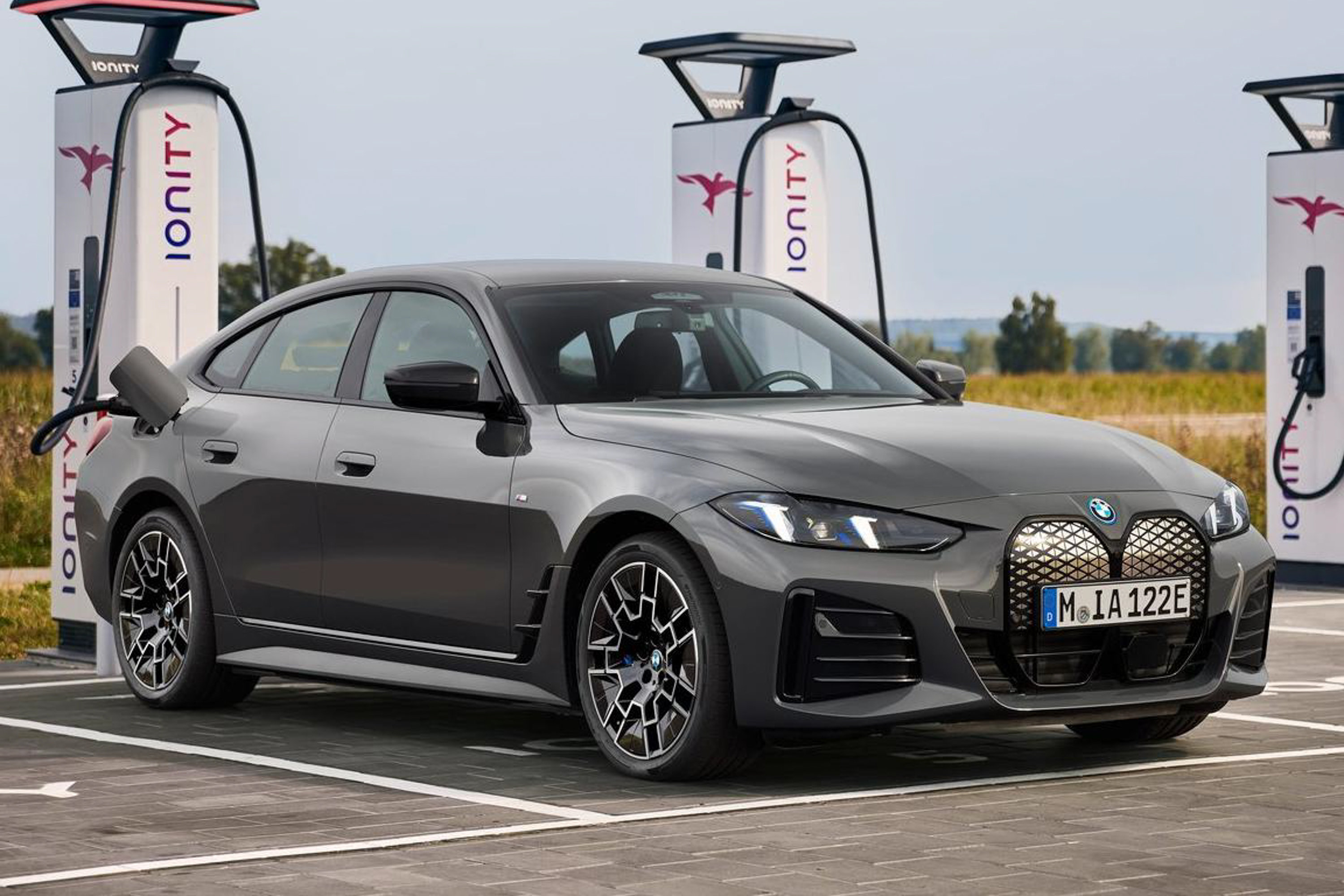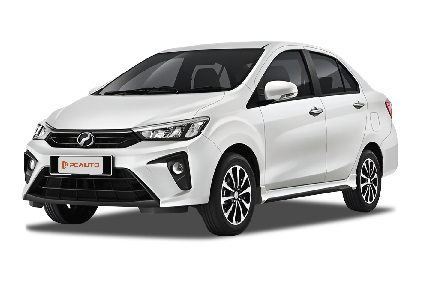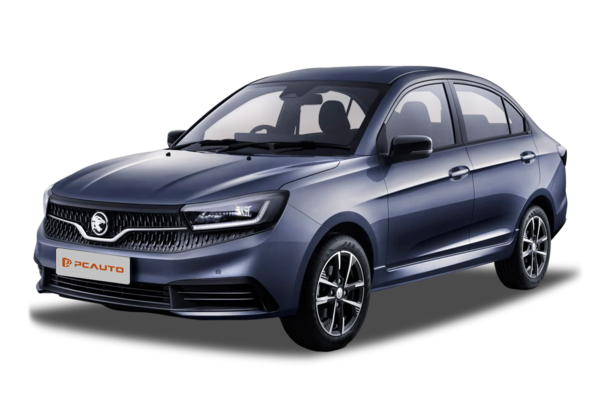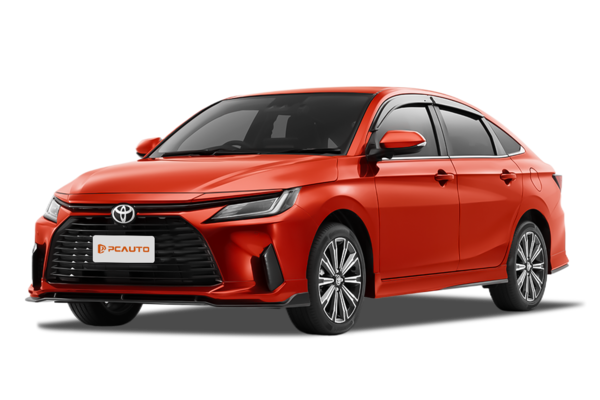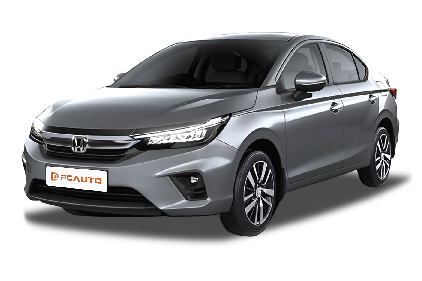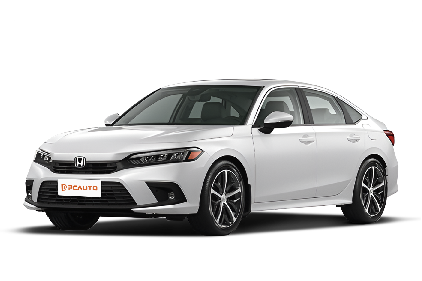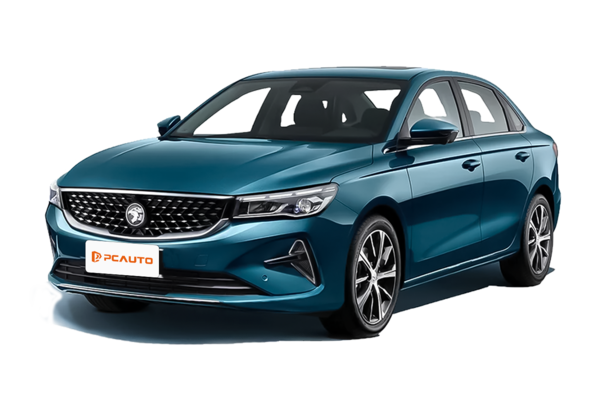Q
What is the resale value of a Nissan Almera?
The resale value of the Nissan Almera in Malaysia's used car market hinges on several factors: age, mileage, maintenance upkeep, and market supply and demand. Generally speaking, a well-kept 2019 to 2021 Almera will fetch roughly 60% to 70% of its original price, with the exact figure depending on trim level and remaining warranty. The Almera holds steady in the used car scene thanks to its fuel-sipping nature and reliable family-car reputation – the 1.0L turbo variant, in particular, is a hit for its peppy yet efficient performance.
If you're looking to boost resale value, stick to regular servicing at authorized workshops and keep those service records pristine. Also, steer clear of major accidents or wild modifications. Malaysian used car buyers have always had a soft spot for Japanese brands, and the Almera benefits from that – parts are easy to come by, and repair costs won't break the bank, which definitely helps it hold value better.
On top of that, new car price fluctuations and trends in fuel efficiency can also nudge the used market one way or another. When you're gearing up to sell, it's smart to check real-time listings on local platforms like Carlist or Mudah to get a more accurate sense of what your Almera's actually worth.
Q
How much to tax a Nissan Almera?
In Malaysia, the road tax for the Nissan Almera hinges on its engine capacity. According to JPJ regulations, private cars with an engine capacity of 1.5L and below have an annual road tax of RM90, while those in the 1.6L to 1.8L range pay RM200 per year. The current Nissan Almera is powered by a 1.0L turbocharged engine (HR10DET) with a displacement of 999cc, placing it in the below 1.0L category, resulting in an incredibly low annual road tax of just RM20. This is part of the Malaysian government's incentive scheme to promote fuel-efficient, smaller-engine vehicles. It's worth noting that road tax fees can vary slightly depending on the vehicle's usage (private vs. commercial) or the state you're in, so it's always a good idea for owners to check the exact amount via the JPJ website or MyEG platform. Beyond road tax, car owners also need to keep up with their vehicle insurance payments, which include mandatory third-party coverage and optional comprehensive insurance. Insurance costs can fluctuate based on factors like the car's age, model, and market value, so it's advisable to consult with insurance companies or agents before buying to get an accurate quote.
Q
Is the Nissan Almera a sports car?
The Nissan Almera isn't a sports sedan by any stretch – think of it more as a compact four-door focused on practicality and economy, perfect for family errands or city commuting. Over in Malaysia, it knows exactly what it's about: fuel efficiency, interior space and comfort, and solid value for money. Under the hood, you'll find a 1.0-liter turbocharged engine, which does a decent job balancing fuel economy with a smooth drive, though let's be clear – the power delivery is tuned for daily usability, not heart-pounding performance. If you're after that sporty thrill, Nissan's got you covered with their performance lineup like the Nissan Z or GT-R, built specifically for sharp handling and excitement. Malaysian buyers really need to weigh their priorities here. Sporty sedans typically pack more power, sit lower to the ground, and rock a more aggressive look, but they'll hit you harder at the pump and in the wallet. On the flip side, family-focused cars like the Almera are tailor-made for folks who value day-to-day practicality and keeping those running costs in check.
Q
What is the price of a 2020 Nissan?
Prices for 2020 Nissan models in Malaysia vary depending on the specific model and trim level. For instance, a used Nissan Almera typically falls in the range of RM50,000 to RM70,000. The Nissan X-Trail, on the other hand, tends to go for around RM80,000 to RM120,000, while the Nissan Navara pickup truck might set you back between RM90,000 and RM140,000. Of course, these figures depend heavily on the vehicle's condition, mileage, and any additional features it might have.
If you're in the market for a used Nissan, I'd strongly recommend going through official certified pre-owned channels or reputable dealerships. This way, you can be sure the vehicle has undergone a professional inspection and comes with some form of warranty coverage – always a smart move.
Nissans have built a solid reputation in Malaysia for being fuel-efficient and reliable workhorses. Take the Almera, for example; its 1.0-liter turbocharged engine strikes a nice balance between peppy performance and good fuel economy. And then there's the X-Trail with its ProPILOT semi-autonomous driving tech, which really takes the edge off those long highway drives.
Before you sign on the dotted line, make sure to dig into the vehicle's service history and check its insurance status. These details aren't just box-ticking exercises – they can have a real impact on your future running costs and, down the line, how much you might get if you decide to sell it again.
Q
Is Nissan Almera worth buying?
The Nissan Almera has carved out a solid niche in Malaysia's B-segment sedan market, focusing on practicality and value for money. Under the hood, you'll find a 1.0-litre turbocharged engine. Now, I know that sounds small, but it punches out a decent 100 PS and 152 Nm of torque. Paired with a CVT gearbox, it's all about efficiency – Nissan claims 5.2L/100km, which makes it a solid daily commuter.
Space-wise, it's right on par for the class. The boot is a highlight at 482 litres, so hauling groceries or luggage won't be an issue. Tech-wise, you get an 8-inch touchscreen with Apple CarPlay and Android Auto – pretty standard these days, but it works. On the safety front, there's 6 airbags, vehicle stability control, and reverse camera, which are all good. However, it does miss out on some of the advanced driver assistance features you might find in a few competitors.
The suspension is tuned more for comfort, which handles Malaysia's road conditions quite well, but if you like to drive spiritedly, you'll notice some body roll. Maintenance costs are about average for a Japanese car, and Nissan backs it with a 5-year unlimited mileage warranty, which is reassuring. Resale value holds up decently too.
If your budget is around RM80,000, and fuel efficiency and reliability are your top priorities, the Almera is definitely worth a look. But let's be real, the Toyota Vios and Honda City are strong contenders in the same price bracket. My advice? Test drive all of them to see which one fits you best.
Malaysia's hot and rainy climate can be tough on cars – air conditioning and rust prevention are biggies. The Almera does an okay job here; nothing spectacular, but regular maintenance should keep it in good shape.
Q
How much is Almera 2020 in Malaysia?
The 2020 Nissan Almera's pricing in Malaysia varies depending on the trim and specs. Brand-new, you're looking at roughly RM79,000 to RM99,000, depending on which version you go for—like the 1.0L Turbo E, VL, or VLP. Over in the used car market, prices fluctuate based on condition, mileage, and remaining warranty, usually hovering between RM55,000 and RM75,000.
The 2020 Almera has struck a chord with local buyers thanks to its peppy 1.0-liter turbo engine and sleek exterior design. It's also kitted out with handy features like smart keyless entry, a 7-inch touchscreen, and Nissan's Intelligent Mobility safety tech—making it a solid pick for city driving.
In Malaysia, the Almera's main rivals are the Honda City and Toyota Vios. If you're in the market, it's worth comparing warranty coverage, fuel efficiency, and after-sales service across brands. My advice? Hit up official dealerships or certified used car platforms to get detailed quotes and book a test drive—nothing beats experiencing a car firsthand to make sure it fits your needs.
Q
What are the benefits of Nissan Sunny?
The Nissan Sunny has quite a few advantages. In terms of safety, it comes standard with ABS anti-lock braking, vehicle stability control, lane departure warning system, etc. Some models also feature active braking, forward collision warning, lane change assist, etc., which can effectively reduce the risk of accidents. There are two airbags in the driver's and front passenger's seats inside the car, as well as ISO FIX child seat interfaces to ensure the safety of different passengers.
In terms of comfort features, it is equipped with a HUD head-up digital display, a Digital Multi - function Display instrument panel, a 220V/230V power supply, and a Keyless Operation door lock. The front - row air - conditioning in some models is automatic. Regarding the seats, the driver's seat has 6 - way manual adjustment, the front passenger's seat has 4 - way manual adjustment, and the rear seats can be folded down in a 60:40 ratio, allowing for flexible use of space.
In addition, its official combined fuel consumption is 5.1L/100km, indicating good fuel economy. Moreover, the engine has a maximum horsepower of 120PS, which can meet the power requirements for daily driving.
Q
What is the safety rating of the Nissan Sunny?
As an economical and practical family sedan, the Nissan Sunny has attracted the attention of many consumers in the Malaysian market. Its safety performance is mainly based on the evaluation results of ASEAN NCAP. The 2019 model once received a 3-star safety rating (out of 5 stars) from this institution, showing an average performance. In the test, it scored 67.9% in the adult occupant protection project and 53.5% in the child occupant protection project. It is equipped with basic safety features such as dual airbags, ABS + EBD, and a body stability system (in some high - end models).
It's worth noting that the testing standards of ASEAN NCAP focus on the road conditions and vehicle - using environments in Southeast Asia, which are different from the focuses of the European Euro NCAP or the US IIHS. It is recommended to check the latest model's evaluation data on the official website before purchasing a car. For safety - conscious consumers, they can also learn about the performance of models in the same class, such as the Toyota Vios (5 stars in ASEAN NCAP) or the Honda City (4 stars in some model years). At the same time, it is a reminder to Malaysian car owners that even if the vehicle's active safety features are limited, correctly using seat belts, child safety seats, and maintaining a reasonable speed are still the key factors to improve driving safety.
Q
Is the Nissan Sunny CVT?
Yes, the Nissan Sunny in the Malaysian market is indeed equipped with a CVT (Continuously Variable Transmission). This is an efficient and smooth transmission technology widely adopted by Nissan, aiming to improve fuel economy and driving comfort. The CVT achieves stepless speed changes through a steel belt and variable - diameter pulley sets. Compared with traditional automatic transmissions, it can adjust the gear ratio more flexibly, especially performing better in congested urban road conditions. In Malaysia, the CVT version of the Nissan Sunny is favored by many family users for its low maintenance cost and its suitability for daily commuting.
It should be noted that the driving experience of a CVT is slightly different from that of a traditional automatic transmission. During acceleration, the engine speed remains stable instead of changing in steps, so new owners may need a short period of adaptation. In addition, regularly replacing the special CVT transmission fluid is crucial for maintaining its long - term reliability. Nissan's authorized service centers in Malaysia all provide professional CVT maintenance services. It is recommended that owners follow the official maintenance manual to ensure optimal performance.
Q
How far can you go on a Nissan Sunny fuel tank?
The fuel tank capacity of the Nissan Sunny is approximately 41 liters. According to official data, its combined fuel consumption is about 6.5 liters per 100 kilometers. Therefore, when the tank is full, it can theoretically travel around 630 kilometers. The actual cruising range may vary depending on driving habits, road conditions, and vehicle maintenance status. In Malaysia, congested city roads may increase fuel consumption, while driving on highways is more fuel - efficient. It is recommended to regularly maintain the vehicle, such as checking tire pressure and replacing the air filter, to optimize fuel efficiency. Additionally, planning routes reasonably and avoiding rapid acceleration and hard braking can also help extend the driving distance. As an economical sedan, the Nissan Sunny is suitable for daily commuting and family use, and its reliable fuel economy gives it certain advantages in the Malaysian market.


